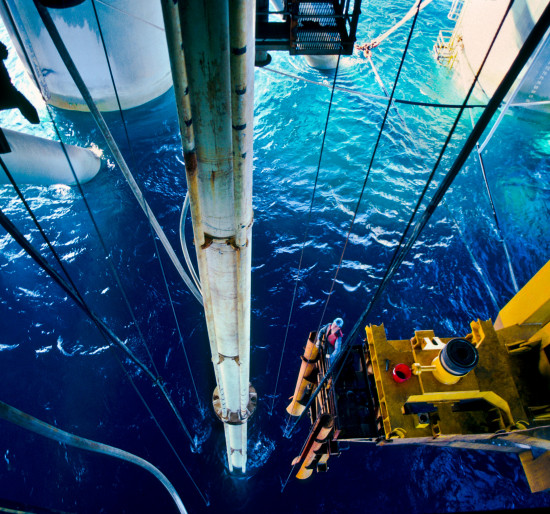The challenge of energy efficient operations
Maritime, Oil & gasOr how baselining and knowing your high energy consumers leads to more effective energy efficiency management.
Diesel fuel oil typically provides the energy to operate mobile offshore drilling units (MODUs).
However, diesel fuel oil consumption on board MODUs - like all other forms of diesel consumption - contributes towards climate change through direct emissions into the environment. We’re talking carbon dioxide, nitrous oxides and sulphur oxides.
Diesel also has a financial cost.
So the business case for energy-efficient MODU operations is clear.
And in a competitive marketplace, showing a robust approach to energy-efficient operations and emissions reduction can act as a true differentiator.

Joined up approach
Carrying out regular energy reviews or energy audits gives the opportunity to analyse energy use and energy consumption. And this in turn leads to being able to identify opportunities for energy performance improvement.
Moreover, conducting such reviews and audits in line with a structured energy management system (for example ISO 50001) and MODU-specific plan can help to make sure that energy efficiency improvements actioned at the MODU level are targeted and prioritised at the highest energy consuming equipment or processes.
The efficiencies can also be aligned with overall company aims and objectives.

Opportunities for improvement
Technological solutions available to MODU owners include the installation of automated power management systems, hydrogen fuel injection systems or selective catalytic reduction (SCR) systems. These can improve overall energy efficiency or more directly reduce emissions.
You can also work together with the operator to achieve efficient drilling operations through project planning, or the use of more efficient drilling methods and technologies.
In addition, upgrading old equipment for more energy-efficient alternatives (for example pumps, compressors, light fittings) can also help to reduce energy usage more generally across the MODU.
There might also be some “quick wins” out there in terms of improving operational procedures.

Conclusions
A comprehensive energy review - which analyses energy use and consumption across the MODU - can help to identify where to target resources.
The energy review will also establish an operational baseline for fuel use against which future performance can be tracked and monitored.
However, it is when opportunities for energy efficiency improvement are aligned with an overall company energy management system that most value is to be gained.
This allows realistic targets to be set, and guides the company on how best to allocate resources in achieving these targets. So, for example, that could be prioritising assets with a longer future operational life.
The implementation of an energy efficiency management plan can also demonstrate to clients, regulators and society in general that the company is taking a proactive approach to emissions reduction and the energy transition.
- Interested in finding out more about putting an intelligent energy-efficiency plan in action? Get in touch now










